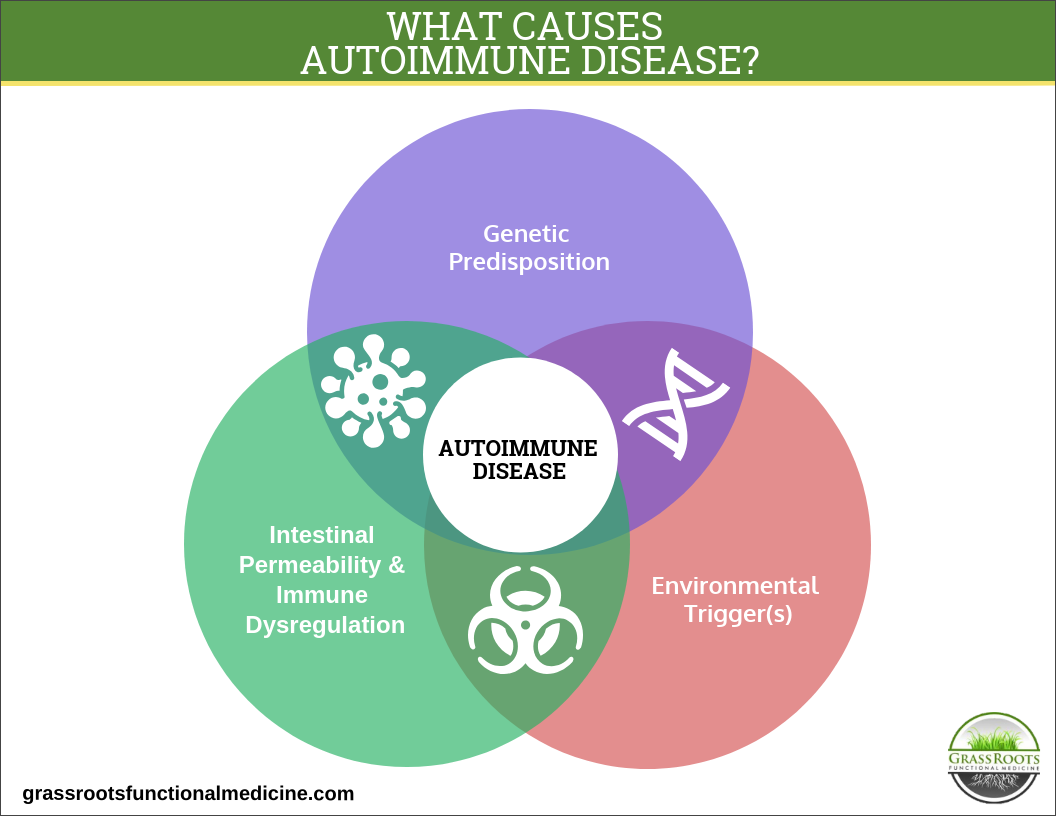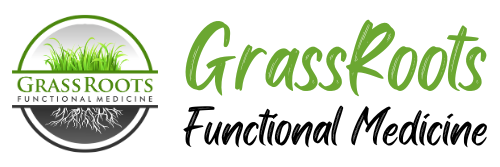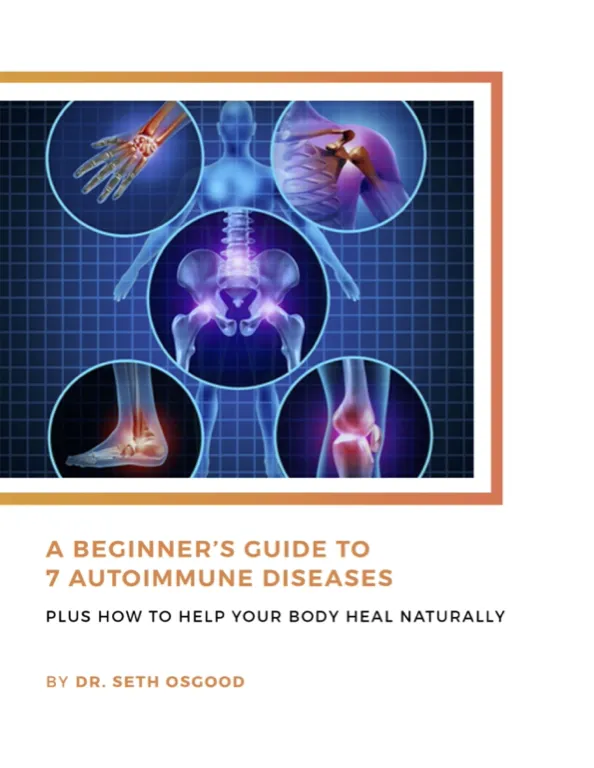This month we’re covering autoimmune issues that are ignored or misrepresented by conventional medicine.
Last week we talked about how to get the right testing and diagnosis. This week we’re diving into what causes autoimmune diseases and how to restore normal immune function!
Why is My Body Attacking Itself?
To understand Autoimmunity you must first understand the concept of tolerance. Tolerance is the immune system’s ability to appropriately tolerate non-threatening substances in the body. There are three areas of tolerance that can become dysfunctional and ultimately contribute to autoimmune disease.
Oral (Food) Tolerance
First there is oral tolerance, which is the ability to tolerate food proteins. This is what you see in food sensitivities. People who lose oral tolerance feel as though they can’t eat anything. They eliminate one food after another because their body reacts to almost everything.
Chemical Tolerance
Chemical tolerance is your body’s ability to tolerate a certain burden of chemicals within your environment. When your body is unable to break down and eliminate chemicals efficiently due to a toxin overload or problems with detoxification, you will develop chemical intolerance.
These are the people who get headaches when walking down the cleaning section of the grocery store or being near someone wearing a strong perfume. They may also develop reactions to metals like nickel or aluminum.
Self Tolerance
Self tolerance actually begins in utero. As your immune system develops as a fetus, it is constantly sampling tissues in order to gain a keen understanding of what is normal. That way, when the immune system contacts a pathogen or foreign invader later in life, it can quickly attack and eliminate the threat.
When the immune system loses self-tolerance, it will begin to target normal tissues as being problematic, triggering an autoimmune attack.
In order to recover from autoimmune disease, you must restore tolerance of self.
What Causes Loss of Tolerance?
Conventional medicine likes to use genetics as a scapegoat for autoimmunity. Their stance is that once your genes trigger an autoimmune disease, there’s nothing you can do about it besides cover up your symptoms with risky medications.
There’s a lot more to it than that!
We now know there are three driving factors behind all autoimmune diseases and genetics are the least important. Research in identical twins has shown that genetics only account for 30% of autoimmunity. The remaining 70% can be attributed to intestinal permeability (aka leaky gut) and environmental causes.

Fortunately, you can address leaky gut and environmental factors in order to restore tolerance of self and put your condition into remission.
How to Restore Immune Tolerance
In our Adaptation Program, we work with patients to create a personalized protocol based on comprehensive testing and lifestyle factors. I highly recommend working with a skilled functional medicine practitioner, as every patient’s root causes and response to treatment will differ.
In the meantime, here are a few things you can do on your own to support normal immune function:
- Give your body a break from toxic and inflammatory foods
- Eat plenty of nutrient-dense and anti-inflammatory foods
- Repair your intestinal lining with GastroMend
- Support and modulate your immune response with glutathione, curcumin, and resveratrol
- Implement stress relief practices
- Minimize toxins in your personal care and household products
- Pee, poop, and sweat to flush out toxins
There are also a number of new treatments shown to accelerate autoimmune recovery, especially in the more challenging cases. I’ll spend the next two weeks covering those, so stay tuned!
About the Author: Dr. Seth Osgood is a Doctor of Nursing Practice, Board Certified Family Nurse Practitioner and Institute of Functional Medicine (IFM) Certified Practitioner. Dr. Osgood received his post-graduate training in Functional Medicine through the IFM and from working with Dr. Amy Myers. He has helped people from around the world improve their health utilizing a Functional Medicine approach.





